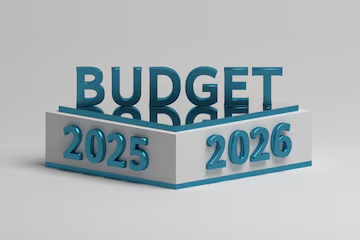The Indian textile industry is urging the government to implement several key reforms in the upcoming Union Budget 2026. These recommendations aim to streamline customs processes, address the inverted duty structure, and ease compliance burdens.
Industry bodies and tax experts recently met with the Revenue Secretary to present their proposals. The discussions centred on the need to rationalise the customs duty rate structure, a move initiated by Finance Minister Nirmala Sitharaman in July 2024. NITI Aayog has also emphasised the importance of overhauling import tariffs to position India as a global manufacturing hub.
Addressing Inverted Duty Structure One of the major concerns highlighted by the industry is the inverted duty structure prevalent in sectors like textiles, apparel, leather, automotive, telecommunications, and toys. This structure, where import duties on raw materials and intermediate goods exceed those on finished products, discourages domestic manufacturing and favours imports.
To rectify this issue, the Confederation of Indian Industry (CII) has suggested a tiered duty structure: 0-2.5% on raw materials, 2.5-5% on intermediaries, and 7.5-10% on finished goods.
Automating Customs Processes and Amnesty Scheme Industry experts also advocate for greater automation in customs procedures to improve compliance and reduce tax evasion. This includes digitising the customs litigation process and implementing an efficient online refund system.
Furthermore, an amnesty scheme to settle long-pending customs disputes has been proposed. This could significantly reduce the burden on businesses and boost government revenue.
By implementing these reforms, the government can create a more favourable business environment, attract investments, and promote India’s growth as a global manufacturing powerhouse.

